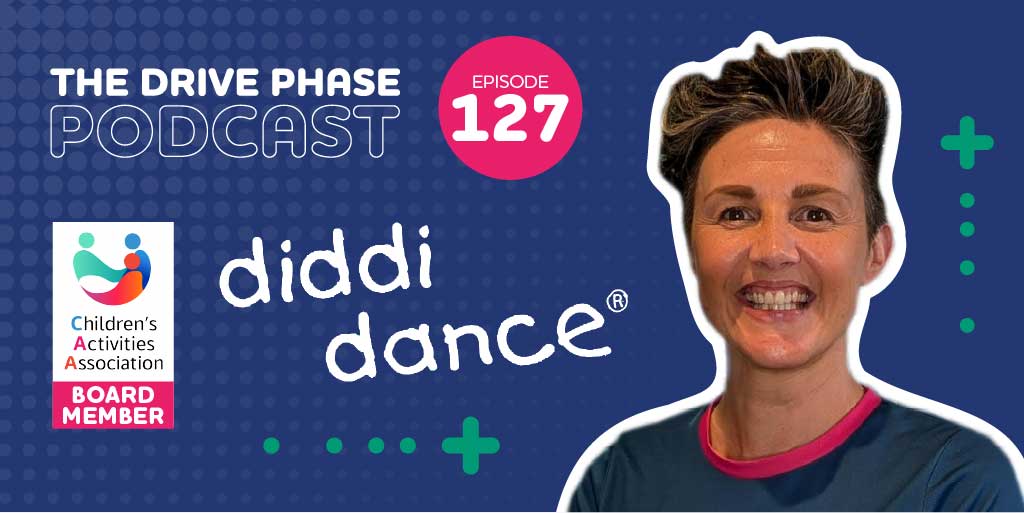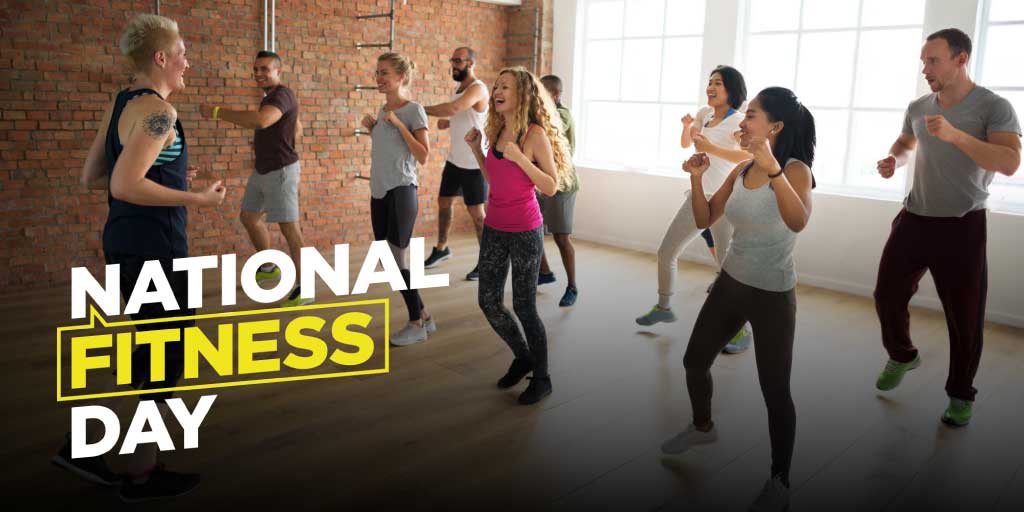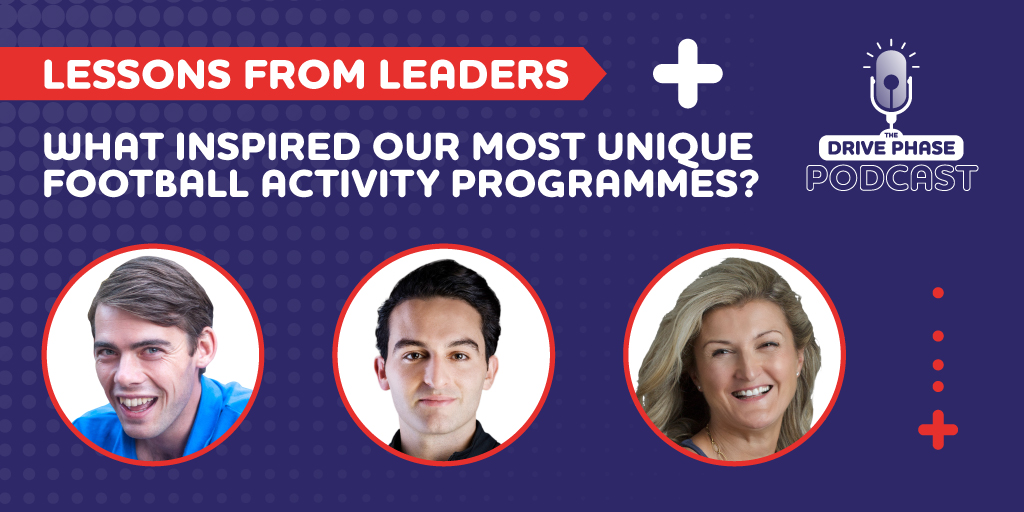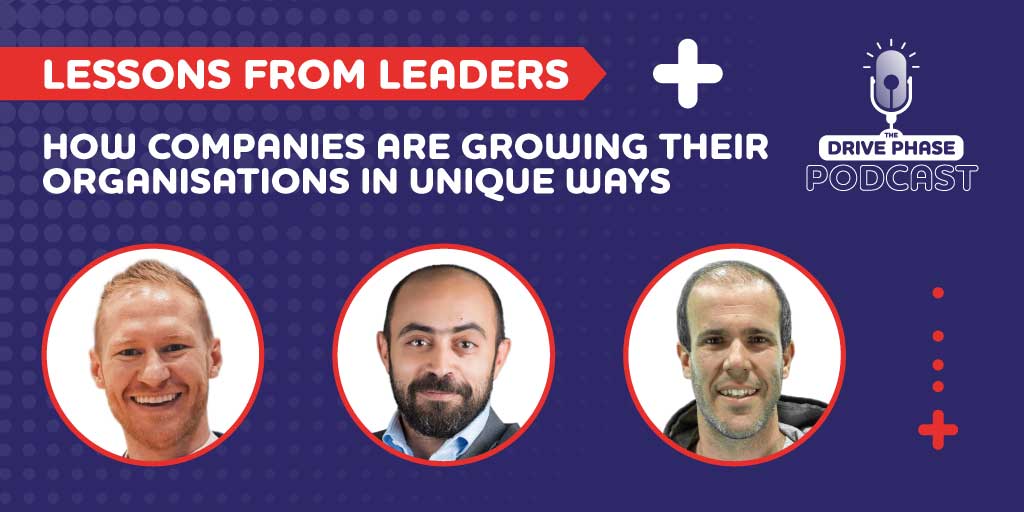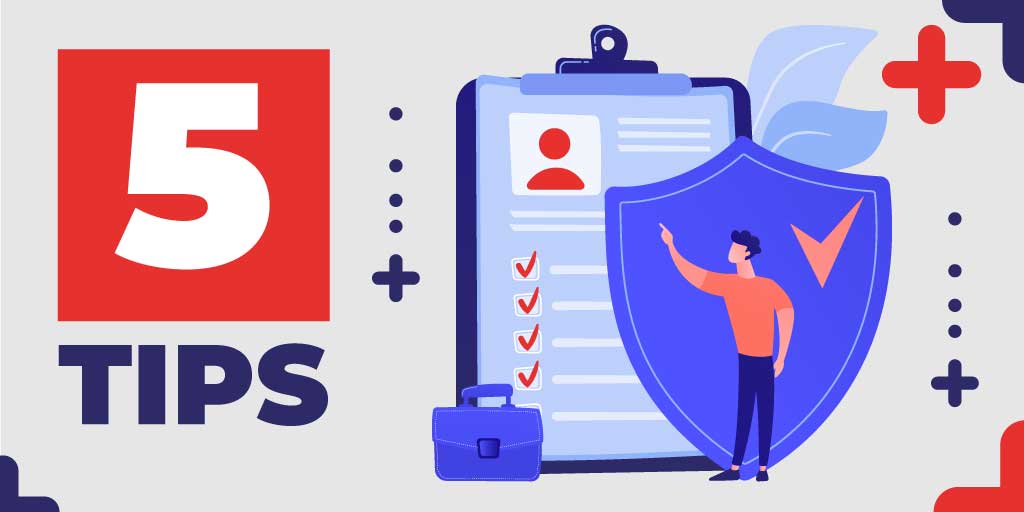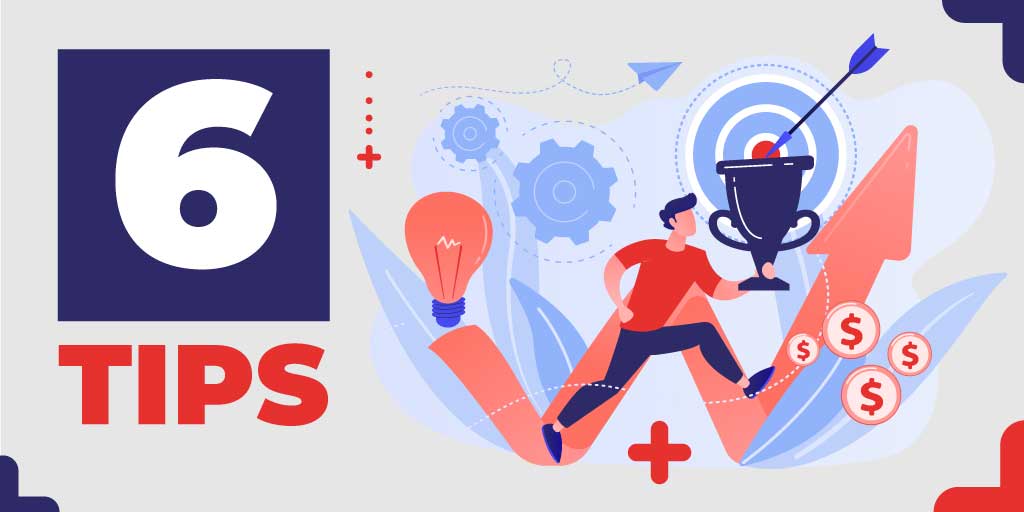Franchising is a proven way for companies to expand their reach, brand, and profitability. However, launching a successful franchise system involves more than just selling a business model. It requires careful planning, strategic execution, and continuous support.
At its base, a franchise is a licence that grants franchisees access to a business’s knowledge, processes, and trademarks. A franchisee receives all the operational know-how for a business whilst paying annual licensing fees.
Here are some essential tips for building a successful franchise in the activities sector:
1. Perfect your business model before franchising
Before considering franchising, ensure your business model is solid, profitable, and replicable. A franchisee should be able to follow your model and achieve success without needing constant innovation. Standardize your operations, fine-tune your marketing strategies, and ensure consistent profitability across multiple locations.
2. Develop a comprehensive franchise business plan
A detailed franchise business plan is critical. This plan should include your growth strategy, target markets, franchisee profile, financial projections, and an outline of your support system. Your business plan will guide your decisions and serve as a blueprint for potential franchisees.
3. Develop a robust training program
Your franchisees’ success is heavily dependent on their ability to operate their businesses effectively. Develop a comprehensive training program that covers all aspects of your business, from daily operations to marketing and customer service. Ongoing training should also be a part of your franchise system to keep franchisees updated on best practices and new developments.
4. Provide continuous support
Successful franchises offer ongoing support to their franchisees. This support can come in many forms, such as marketing assistance, technology updates, operational guidance, and regular check-ins. Establish a strong support system to ensure franchisees feel confident and capable, which will help them succeed and reflect positively on your brand.
5. Carefully select franchisees
Your franchisees will represent your brand, so it’s crucial to choose them wisely. Develop a rigorous selection process that includes interviews, background checks, and financial assessments. Look for candidates who not only have the financial capability, but also share your values, vision, and commitment to customer satisfaction.
→ Paul Thompson – The key to growing a global franchise
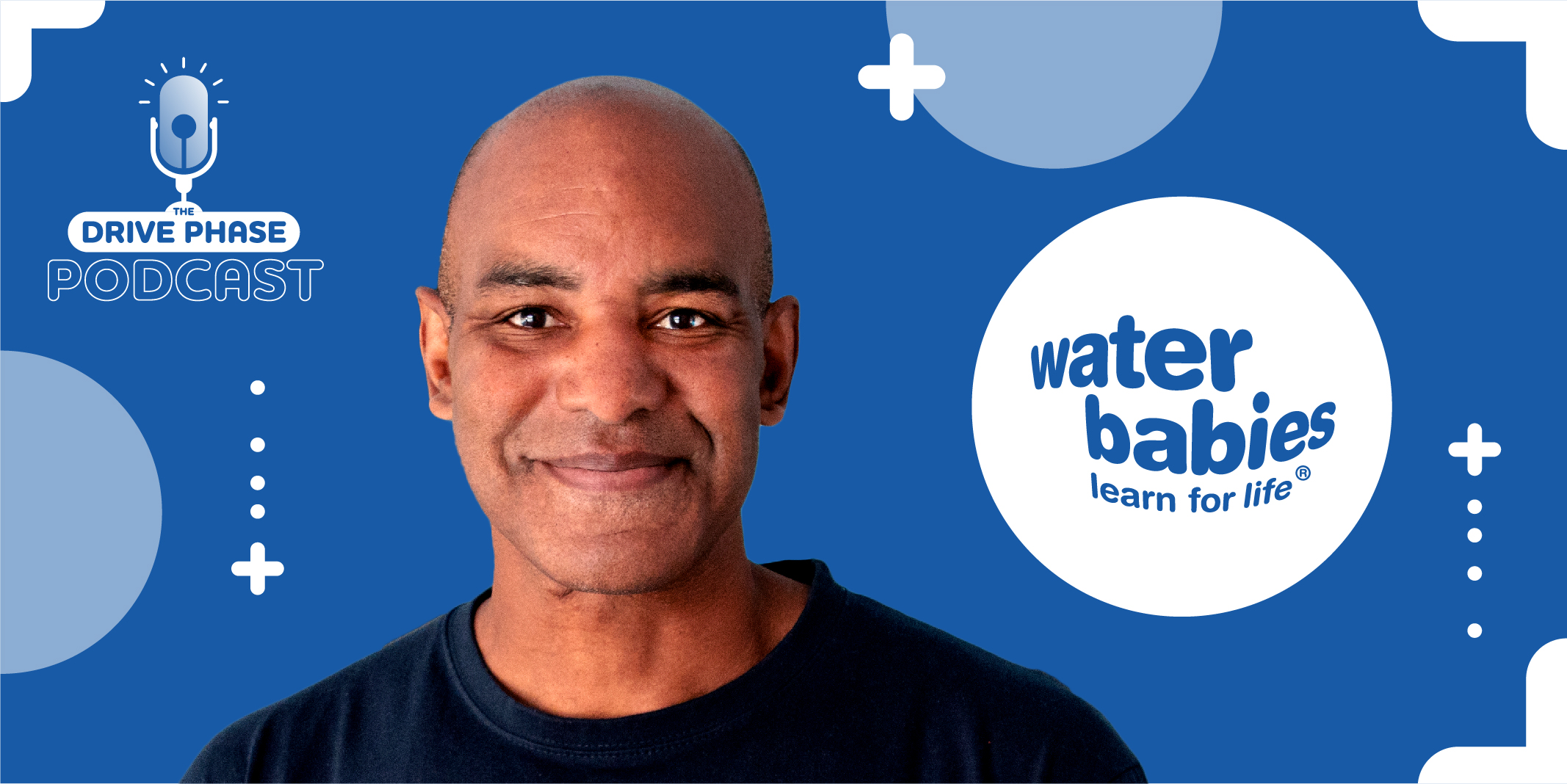
For Paul Thompson, the brand was the centre of their business. If they were going to grow their business, they needed to translate the brand that resonated with so much of the community to any new region. Franchising put their own standards and processes, what they were passionate about, front and centre.
Opening their first franchise locations in Bristol and Edinburgh, they grew to just under 100 clients. The package would have to include all their systems and processes, from how they ran IT and booking to how they marketed the swimming programme to their local communities.
6. Develop a robust training program
Your franchisees’ success is heavily dependent on their ability to operate their businesses effectively. Develop a comprehensive training program that covers all aspects of your business, from daily operations to marketing and customer service. Ongoing training should also be a part of your franchise system to keep franchisees updated on best practices and new developments.
7. Provide continuous support
Successful franchises offer ongoing support to their franchisees. This support can come in many forms, such as marketing assistance, technology updates, operational guidance, and regular check-ins. Establish a strong support system to ensure franchisees feel confident and capable, which will help them succeed and reflect positively on your brand.
8. Carefully select franchisees
Your franchisees will represent your brand, so it’s crucial to choose them wisely. Develop a rigorous selection process that includes interviews, background checks, and financial assessments. Look for candidates who not only have the financial capability but also share your values, vision, and commitment to customer satisfaction.
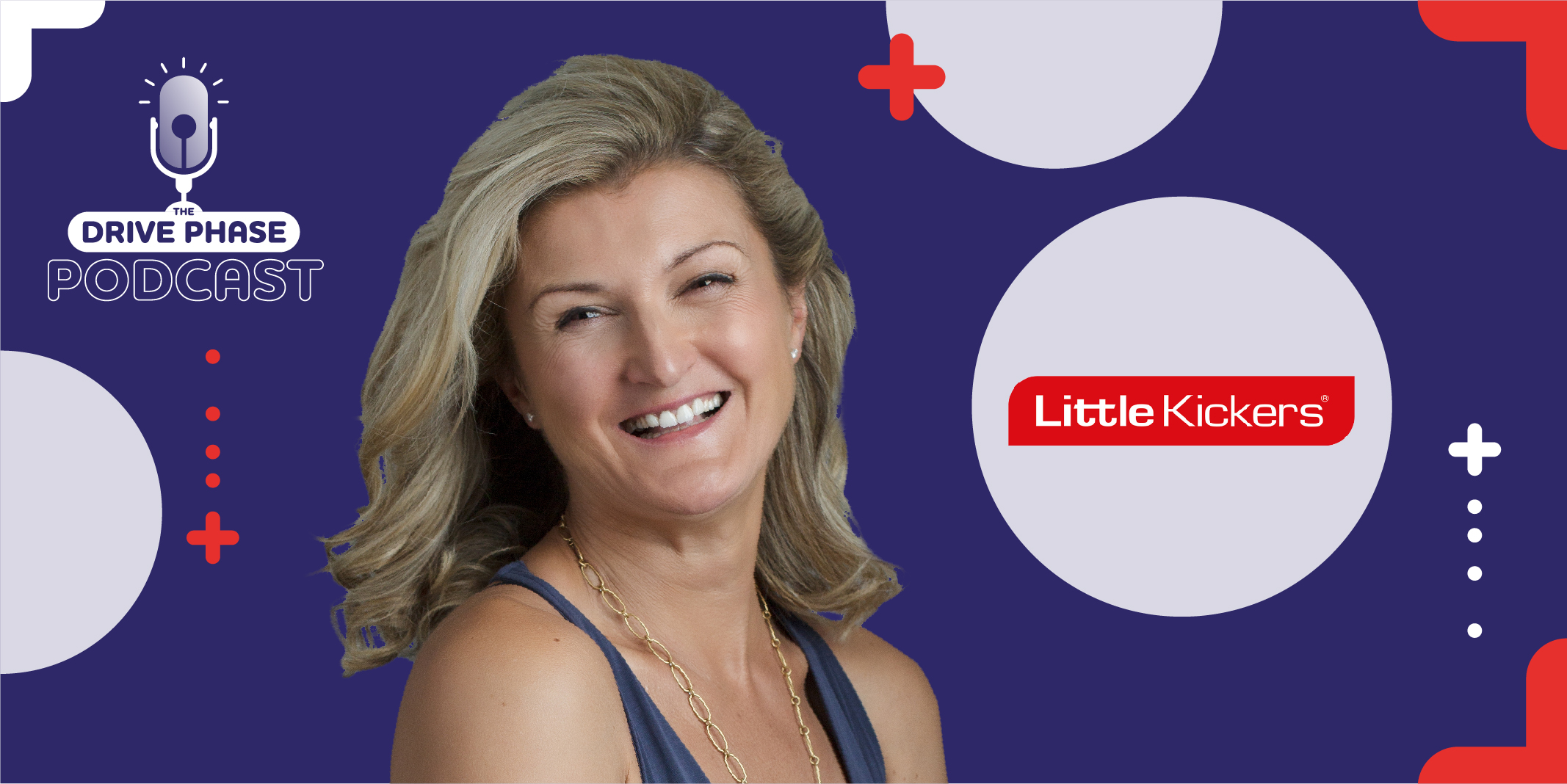
Christine Kelly met her franchisees at a conference at Old Trafford to address a global concern. How could they make single-use plastics a thing of the past?
Little Kickers offers a free uniform made of 100% polyester, packaged in single-use plastic. Finding a supplier for eco-friendly uniforms was essential if they were going to move toward a plastic-free future. They found a supplier who was able to make uniforms from plastic bottles rescued from the ocean.
The uniforms were slightly more expensive, so the question was whether they would pass on this cost to the customer. Since they had modified their payment cycles to keep their customers, they decided to absorb the price of the change and publicize it as proof of their corporate social responsibility.
9. Standardize operations across all locations
Consistency is key in franchising. Customers should have the same experience whether they visit your franchise in New York or Los Angeles. Create detailed operational manuals and enforce strict adherence to your standards to ensure a uniform customer experience across all locations.
10. Focus on a strong legal framework
Franchising involves complex legal agreements and obligations. Work with experienced franchise attorneys to develop a robust franchise agreement that protects both you and your franchisees. Ensure you comply with all relevant laws and regulations, including disclosure requirements.
→ Christine Kelly – Legal requirements for international franchising
11. Invest in marketing and branding support
Franchisees rely on the strength of the franchisor’s marketing efforts to attract customers. Provide franchisees with marketing materials, strategies, and campaigns that they can implement locally. Additionally, maintain a strong online presence and national advertising campaigns to support brand awareness and drive traffic to franchise locations.
12. Monitor and measure performance
Regularly monitor and measure the performance of your franchisees. Establish key performance indicators (KPIs) to assess financial performance, customer satisfaction, and operational efficiency. Use these metrics to identify areas where franchisees may need additional support and to ensure the overall health of your franchise network.
Want to know more? We have a range of activity providers who can give you the insight you need to scale your business. If you choose to franchise your business, know that Coordinate Sport can offer you the knowledge and support you need to make it a success.
Listen to The Drive Phase podcast here or anywhere you get your podcasts!

